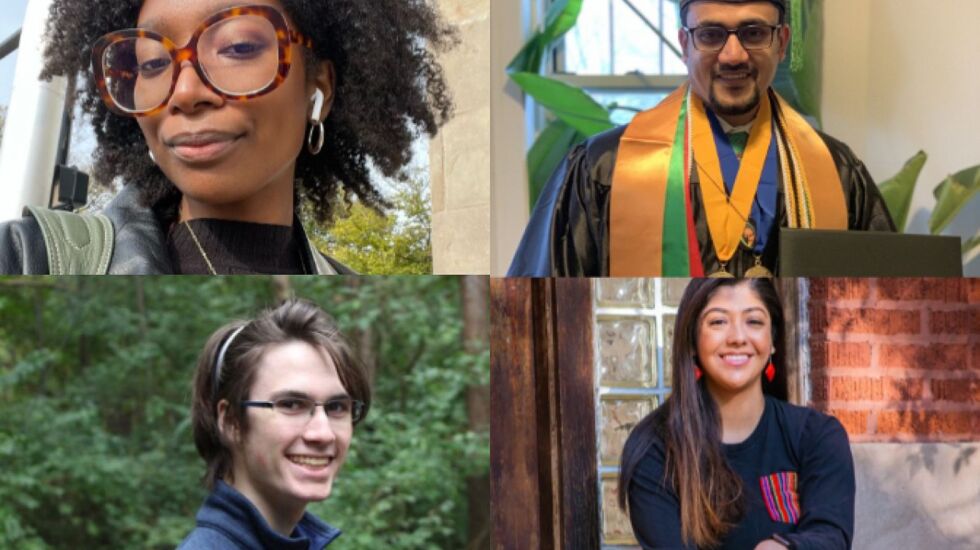
This year’s college graduates navigated the majority of their college years with COVID-19 looming like an omnipresent rain cloud.
They endured lockdowns while trying to keep up with classes. They lost jobs that had kept them afloat. They planned for their futures in a world in flux.
And they persevered.
We spoke with four Chicago college students graduating this year — including a Rohingya refugee from Myanmar and a student who studied dental hygiene over a computer with a set of tooth models — about how the pandemic shook up their college experiences, their finances and their mental health. The interviews have been edited for brevity and clarity.
Imran Mohammad Fazal Hoque
Truman College, City Colleges of Chicago, political science major whose next goal is to study journalism and computer science at a four-year college.
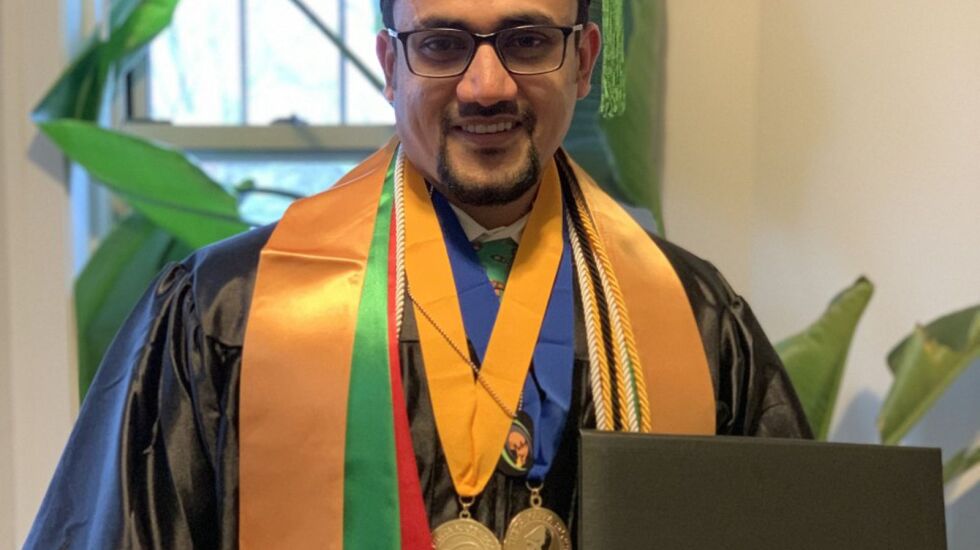
What did your journey to college look like?
“I lived in many refugee camps before I came to the United States in 2018. All I wanted to do was to get an education because I was deprived of getting one back home [in Myanmar] and in other countries where I was detained. So I was very focused and knew what I wanted to do when I came to Truman.”
How did the pandemic change your college life?
“Just before the pandemic, I moved [to] Uptown to be closer to the campus. I didn’t know anyone, and I was so scared. I spent a lot of time on campus, but then, all of a sudden, everything went virtual. I was just stuck in my little apartment, and it was really a shock because, when I was in the camps, I wanted to get out of those places … I wanted to be free. So I felt like I was detained again during the pandemic, and it brought up all these traumas and past experiences.”
How did you cope?
“I started writing again, as I did when I was in the detention centers. I forced myself to keep busy. And I think that’s how I survived … because I didn’t take a break. Because whenever I took a break, you know, I just started thinking about how I didn’t want to be alone, and I just adjusted my mind to be empty. So I kept busy with clubs, my studies and my writing so I wouldn’t have time to think about the pandemic.”
How do you feel now that you’re about to get this degree you’ve dreamed of?
“I don’t have words to describe it because, in my own country, I wouldn’t be able to obtain it. And it’s also an example for the world and for other countries that are detaining human beings for no reason … because we all need the chance to prove that we can contribute to this world. And that’s what many are not getting.”
Victoria Hall
DePaul University, public relations and advertising major whose career goal is to work as a fashion event planner.
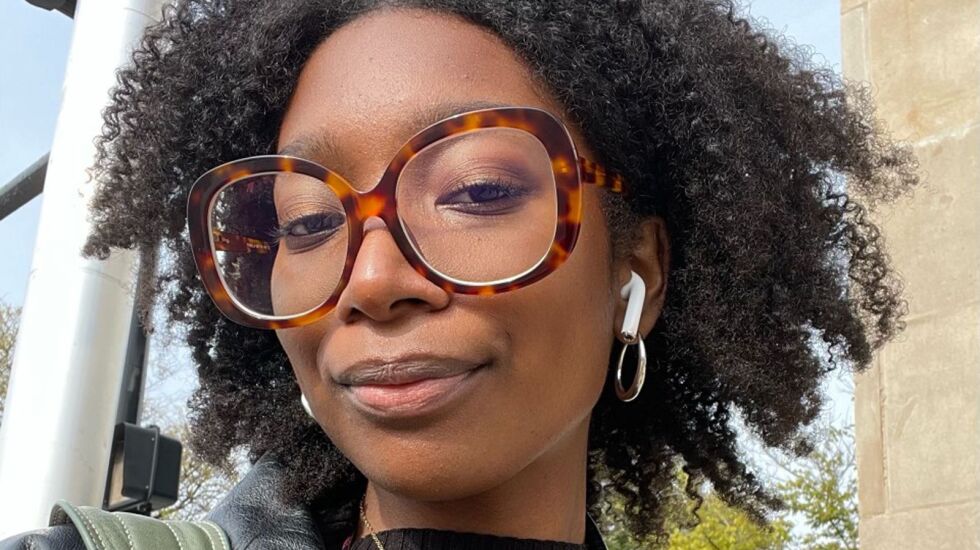
How did the pandemic change your college life?
“When the pandemic happened, it was the first moment for me to actually be still since I started university. I always had a full-time job working at a restaurant, but then restaurants closed, school closed, and I lived nowhere near my friends. So all of these things that had either been bothering me or stressing me out came to the surface.
“At first, it was very overwhelming. But I was able to sit there and be, like, ‘Hey, let’s work through these things. Let’s go see a therapist. Let’s find creative outlets for you to work through this.’ So it was a burden at first, where it just felt like it was too much. But it also was a much-needed break that I did not even realize that I needed.”
How were your finances affected by the loss of your job?
“I went from bringing in almost $2,000 every two weeks from working at the restaurant to $700 every two weeks by working at the university writing center. So I lost a big portion of my income, and that was a lot to deal with. My savings got depleted through that. I don’t get a ton of help from my mom … She helps when she can but not always. So it was a very difficult period. But I made it through in one piece.”
How have your plans for life after graduation changed because of the pandemic?
“I had a life plan up until 70. And the pandemic just kind of changed my outlook.
“I still like to plan ahead but not to the extent that I did because now I realize I can only take things day by day and see what happens. I can have a general scheme of how I want to navigate the world, but things can change at any given moment, and I just have to be prepared for that.”
What would success look like for you?
“Literally just being happy. It sounds like such an easy feat, but it really isn’t. It’s cultivating that moment where I will be satisfied with where I’m at no matter where that is. And I think I’m in that moment right now where I’m kind of at peace.”
Teresa Perez
Malcolm X College, City Colleges of Chicago, dental hygiene major who’s considering going back to school for a bachelor’s degree.
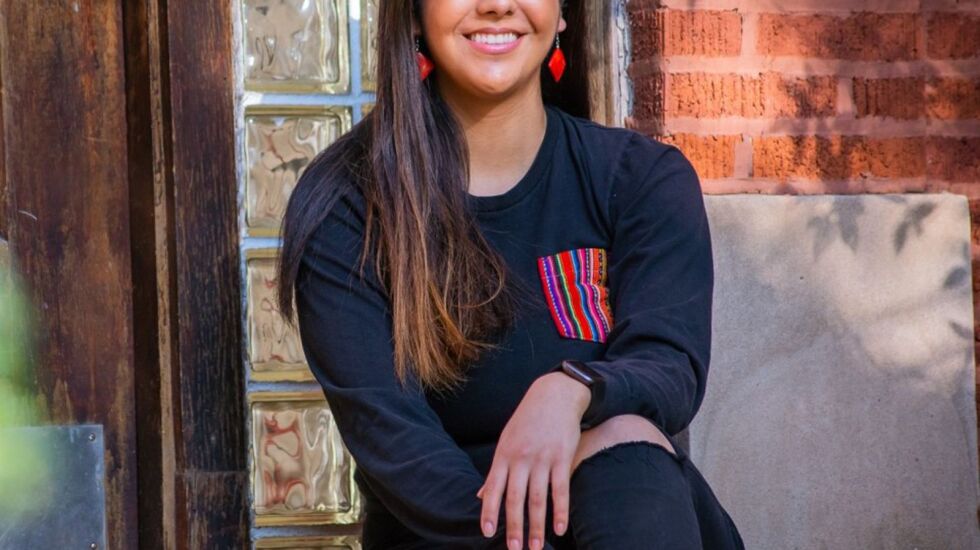
How did the pandemic change your college experience?
“When we got our acceptance letters, we didn’t know about COVID. So, when we found out, we thought we were gonna get shut down. But the school switched to online right away.
“I never really met most of my classmates. We goof around when we see each other in passing, but there are some that I’ve never been to a clinic with. Our teachers call us the COVID babies because our whole program has been remote for lectures.”
How was your mental health affected by the pandemic?
“Eventually, throughout the program, there was, like, a huge burnout for all of us because we were just tired of online. And it’s so easy for us to just not turn on our cameras, not pay attention. We’re, like, on our phones, or we’re texting each other. I feel like we didn’t get the full experience and the full knowledge that we could have from being in-person. And even our teachers, they did the best that they could, but even they were, like, ‘We’re over it. We’re over being online.’ ”
What do you feel you missed out on most?
“I don’t feel like we got the full hands-on experience. We learned things late. And we had these tooth models, and that’s how we would practice. Sometimes, we were allowed to pair up with each other and work on each other, but that was rare.
“I would have to stack pillows on my couch so that I could get enough height to be able to show my teacher what I was doing from my laptop. It was the hardest thing. And it was kind of a waste because my professor could see me but couldn’t see if I was doing it right or wrong.”
Owen Fink
Loyola University Chicago, history and communications major whose career goal is to be a lawyer.
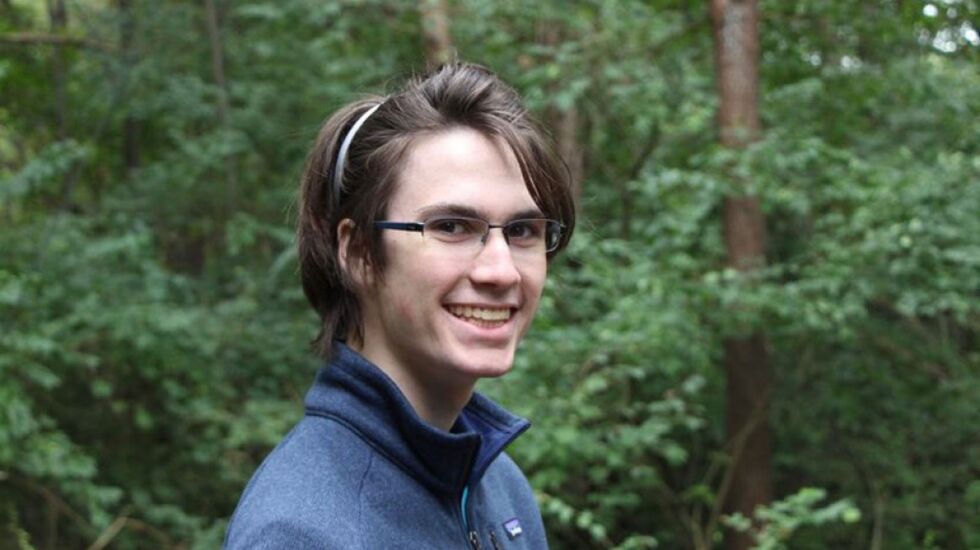
How did the pandemic change your college life?
“I had spent so much time in my room that some weeks I almost never saw the front half of the apartment because [my] bathroom and kitchen are right outside my door. So everything I need is back here. And I never saw the living room. I would never see the front door.
“I’d wake up, go through my routine, eat breakfast, come back and go to class for eight hours because I stacked up my schedule on Tuesdays and Thursdays.
“So I pretty much confined myself to my room. And that really disrupted my work-life balance.”
Where have you learned the most — in the classroom or outside?
“My freshman year, I would have said I learned more by being outside the classroom and kind of engaging with my peers and doing research on my own time.
“But, post-COVID, I definitely learned more from being inside the classroom. I’ve come to appreciate much more the education and the resources that I’ve got here at the school in the form of my professors, which was something I think I took for granted before.”
How do you feel about the world you’re graduating into?
“I feel like I’d be remiss if I didn’t at least address the fact that, during COVID, there have been so many social justice protests. And coming from a place of privilege as a cis white man, I don’t know if I have the experience to comment on them adequately.
“But I do think overall the world has become — strangely — a kinder and more thoughtful place. And maybe I’m just being overly optimistic and idealistic, but I think people have been trained, in a sense, to be aware of the impact that they have on others.”







